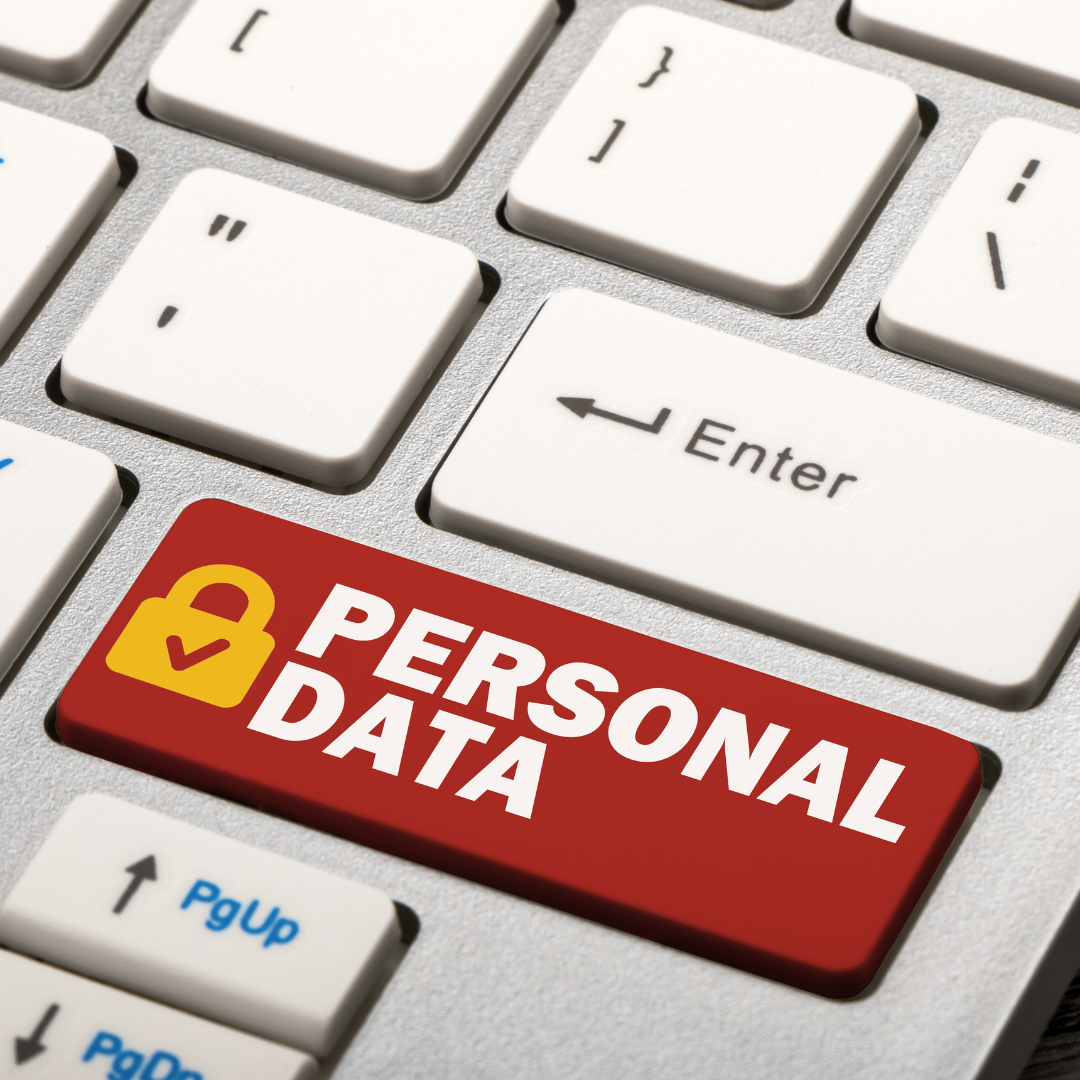Protecting patient information is more critical than ever for healthcare providers in Northern Utah. From dental offices to chiropractic clinics, practices of all sizes face increasing risks of data breaches and compliance violations. Cybersecurity for patient data is not only a legal requirement under HIPAA but also a business necessity for maintaining patient trust.
A 2024 report from the U.S. Department of Health and Human Services revealed that healthcare data breaches affected more than 133 million patient records nationwide, with small and mid-sized clinics being among the most vulnerable. In Utah, the Office of the Attorney General has actively prosecuted healthcare data privacy violations, underscoring the urgency for local clinics to strengthen their security strategies.
Why Cybersecurity for Patient Data Matters in Utah
Healthcare practices often underestimate their exposure, believing only large hospitals are targeted. In reality, smaller clinics may be at higher risk due to limited IT budgets and outdated systems. According to the Utah Department of Health and Human Services, patient privacy remains one of the most common compliance concerns for small healthcare providers.
For dental, chiropractic, and other healthcare offices in Northern Utah, a single breach could mean:
- HIPAA penalties ranging from $100 to $50,000 per violation
- Loss of patient trust and long-term reputational damage
- Potential lawsuits and costly remediation expenses
September 2025 Best Practices in Cybersecurity for Patient Data
1. Strengthen Access Controls
Restrict access to sensitive patient data by implementing:
- Multi-factor authentication for all staff
- Role-based access to electronic health records (EHRs)
- Automatic session timeouts on clinic computers
2. Encrypt Patient Data in Transit and at Rest
Encryption ensures data is unreadable even if intercepted. Utah clinics should ensure their practice management software and email systems comply with HIPAA-compliant encryption standards such as AES-256.
3. Regular Security Training for Staff
The majority of breaches occur due to human error. In fact, nearly 88% of breaches are caused by employee mistakes or phishing attacks (Verizon Data Breach Report, 2024).
- Schedule quarterly training for staff on phishing, password hygiene, and handling sensitive information.
- Simulate phishing tests to identify weaknesses before hackers do.
4. Secure Your Network and Devices
- Install advanced firewalls and endpoint protection across all clinic devices.
- Ensure secure Wi-Fi networks separate staff systems from patient-accessed Wi-Fi.
- Apply software and firmware updates promptly to prevent vulnerabilities.
5. Implement Data Backup and Recovery Plans
In the event of a ransomware attack, having secure backups is essential. Best practices include:
- Daily encrypted backups stored off-site or in a HIPAA-compliant cloud
- Monthly recovery testing to verify backups can be restored quickly
- Written procedures for resuming operations after an attack
Utah-Specific Cybersecurity Compliance Resources
Healthcare clinics in Northern Utah can access several local and regional resources to enhance their cybersecurity for patient data:
- Utah Health Information Network (UHIN): Provides guidance on secure data exchange and HIPAA compliance.
- Utah Department of Technology Services (DTS): Offers statewide cybersecurity resources and alerts.
- Utah Office of the Attorney General, Cybercrime Unit: Enforces compliance and provides educational outreach to healthcare organizations.
Q&A: Cybersecurity for Patient Data in Utah Clinics
Q: Do small Utah dental or chiropractic clinics really need enterprise-level cybersecurity?
A: Yes. Even small clinics handle highly sensitive protected health information (PHI). Hackers know smaller practices often lack dedicated IT staff, making them attractive targets.
Q: How often should a clinic in Utah update its cybersecurity plan?
A: At least once per year, and more frequently if new technology or regulatory updates occur. September is a great month for clinics to review security policies heading into Q4.
Q: What is the cost of a data breach for a Utah clinic?
A: Nationally, the average cost of a healthcare breach is $10.93 million per incident (IBM Cost of a Data Breach Report, 2024). For smaller clinics, the costs may be lower, but even fines and reputation loss can cripple a business.
Preparing Your Utah Clinic for the Future
Cybersecurity for patient data is not optional. With September 2025 bringing new threats and heightened enforcement, clinics in Northern Utah must stay proactive. By adopting strong access controls, encryption, staff training, network protections, and reliable backup systems, healthcare providers can protect their patients and their practices.
If your clinic is unsure where to begin, professional IT support tailored to healthcare is available locally. Crossaction specializes in helping Utah businesses, including dental and chiropractic clinics, safeguard patient data with customized cybersecurity strategies.
Protect your patients. Protect your practice. Contact Crossaction today to learn how we can help your Utah clinic stay secure.

